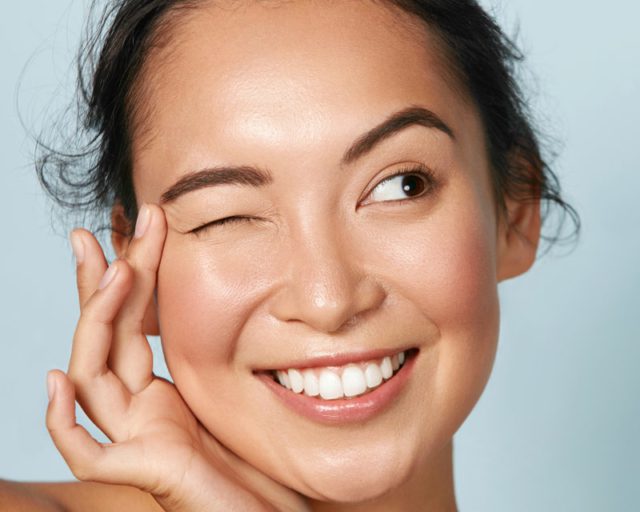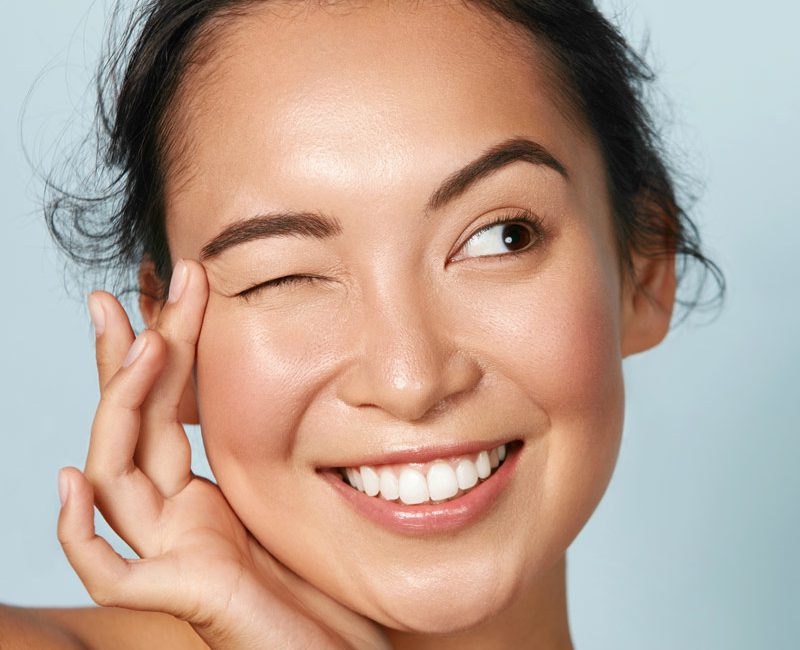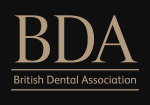
Treatments
Mouth guards
A Mouth Guard is a device that is fitted over the teeth to help protect them from grinding and keeping them from becoming damaged during sleep.

About This Treatment
It can protect the teeth from becoming worn away, cracked, and broken over time
Different types of Mouth Guard exist and therefore you might find that they are also being referred as:
- occlusal splints
- bite guards
- muscle relaxation appliances
- Kois Deprogrammers
- Michigan splints
They are typically worn on one jaw, creating a protective barrier between your teeth. It is important to ensure a proper fit in order to prevent any further damage.
What are the risks of teeth grinding (Bruxism) or clenching?
Over time, it can cause:
- Chips, fractures, breakage, and wear of teeth
- Damage to existing dental restorations, requiring replacement.
- Damage to the enamel that increases risk of tooth decay.
- Gum disease, from excessive pressure on tooth roots.
- Jaw pain and TMJ disorders.
- Disrupted sleep.
- Headaches and migraines.
Not only can it wear down enamel, but it can result in:
- Tooth fractures
- Loosening of teeth
- Loss of teeth
- Receding gums
- Sensitivity
- Pain
- Receding gums
Night mouth guards help by:
- reducing or eliminating morning headaches
- Relieving muscular jaw pain
- reducing tooth sensitivity from bruxism.
- relaxing jaw muscles, which can reduce spasms if already present
- preventing teeth from wearing
- Protecting teeth from fractures
At A Glance
Treatment Time
2 Visits
Result
Protection of Your Teeth and Alleviate Pain
Downtime
None
Longevity
Until Worn Down
Contraindications
Loose Teeth
I have been grinding my teeth for years. I used to wake up with headaches and muscle pain in my jaws. Other dentists have been making me again and again these hard guards that I used to just discard during the night. Dr Alexandra did what she called a bite adjustment and then fabricated a different kind of guard that is so soft. It really changed my sleep. I highly recommend her. And her office is stunning!
- What Causes Teeth Grinding and Clenching (Bruxism)?
The main causes of Teeth Grinding and Clenching are:
- stress and
- poor bite.
People often take out their worries, fears, and stress subconsciously, while they sleep, causing the muscles and joints associated with the mouth to become strained and overworked. These muscles can go into spasm, and the joints in the head can become inflamed ( TMJ).
Teeth clenching and grinding can also result in the loss of enamel, causing teeth to become more sensitive and causing the eventual need for root canal therapy and crowns.
When tooth structure is worn down, the bite collapses, resulting in the face developing an older appearance. Grinding can also cause teeth to fracture and can cause mobility of the teeth. When the bite is off, the muscles and joints can become strained, resulting in TMJ problems and jaw pain. When this happens neck problems and headaches can arise, and one’s posture can become affected.
- Are Night Mouth Guards One Size Fits All?
No. Night mouth guards can be ineffective and uncomfortable unless they are fitted and custom-molded to the teeth. Bulky over-the-counter night dental guards and boil guards are not typically recommended as they do not offer the same benefits as a dental night dental guard. Some cheaper versions may actually cause more harm than good.
- How Do I Keep My Night Mouth Guard Clean?
Every day, you should rinse and brush your mouthguard thoroughly, allowing it to dry completely. It should be stored in a case to prevent warping. On a weekly basis, you should deep clean the guard with a denture cleaner or other acrylic cleaners to ensure that it stays sanitary and lasts as long as possible.
- How Long Do Mouth Guards Last?
The longevity of your night mouth guard will depend on several factors:
- the material and thickness of the guard : some are soft and some are rigid, depending on the extent of the bruxism
- your symptoms
- The severity of the clenching and grinding
- the quality of the guard
Some guards last only months, while others can last for years. No night guard will last forever unfortunately, and it will eventually need to be replaced.
- If I Have Dental Implants, Could I Benefit from A Mouth Guard?
Yes! Once you’ve invested in dental work like implants, it will be preferable to protect both them. Using a night guard can help prevent damage to dental work like dental implants, fillings, and crowns and Veneers.










